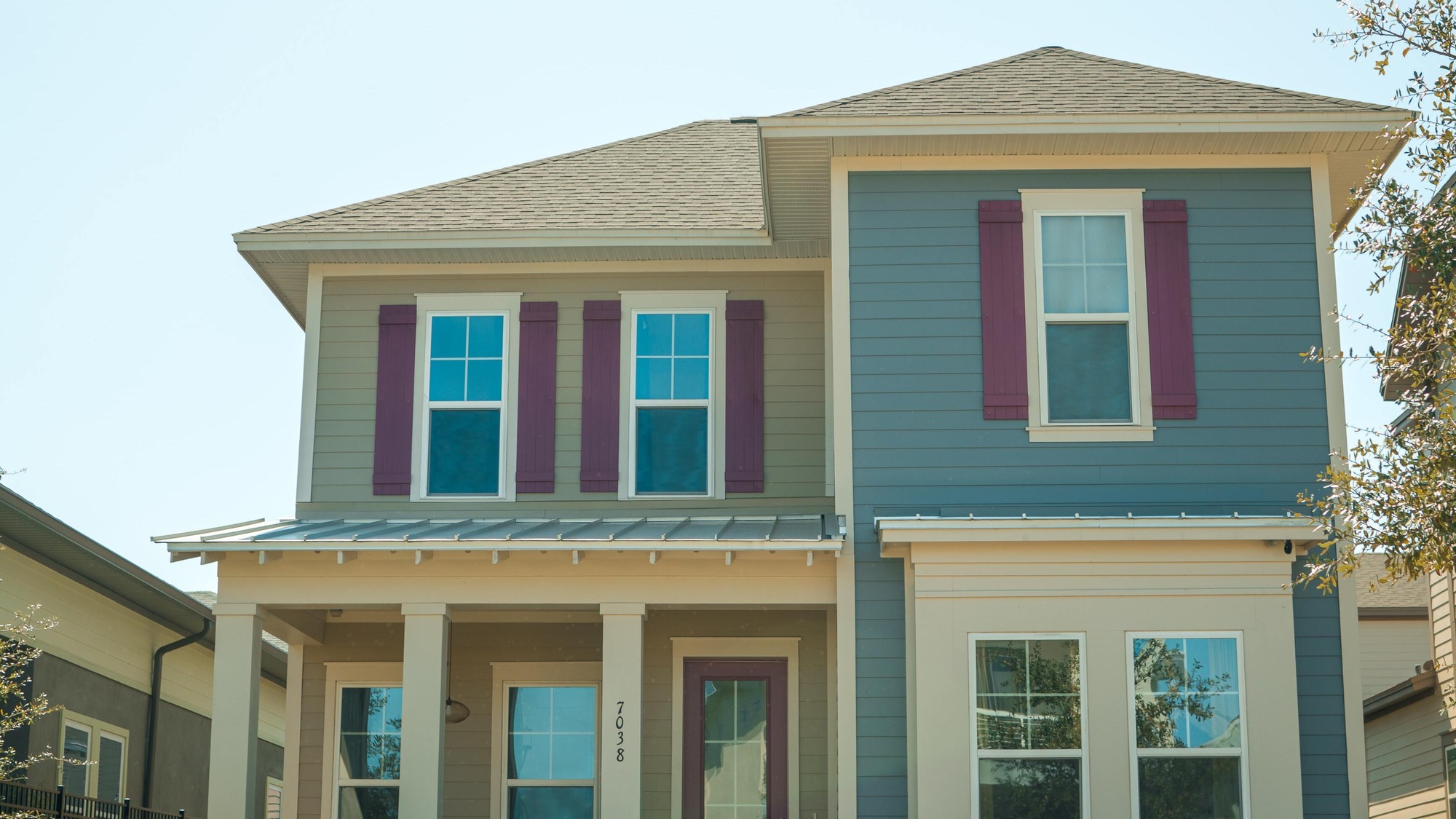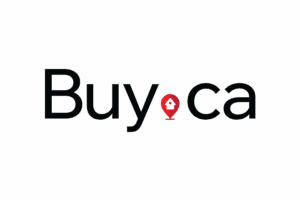An investment property can be a great way to start building equity, or as a way to diversify your portfolio with an income generating asset. If you’re planning on purchasing a rental property, it’s key to understand how to account for your income and expenses. Understanding how to keep track of your expenses as a landlord can save you time and money, so I sat down with Karen Wong from SingleKey to talk about the best practices for keeping an accurate investment property budget.
Here are the ins and outs of keeping track of your rental property.
Key Takeaways
- Rental properties can be a great investment, but take significant work to manage.
- Like with any other business, accurate records need to be kept to be able to write off expenses during tax season.
- If you aren’t prepared to keep a detailed budget with quotes for common expenses it could be a good idea to hire a property manager.
Why do I need to keep track of my expenses as a landlord?
Tracking your expenses as a landlord helps you know if you’re profitable, supports the on-time filing of your taxes, and helps you collect any write-offs. Like any other business, operating a rental property comes with many expenses and income, and you need to keep track of both to determine how profitable your business is, and to be able to accurately report your taxes including write-offs. If you don’t keep track of your expenses, you won’t be able to provide proof to the CRA if they audit your rental income, which could lead to a major tax bill in the future that can be avoided with a bit of work.
What does a property manager do?
Licensed, full-service property managers will handle advertising, viewings, tenant placement, lease renewals, maintenance requests, and inspections. Most property managers operate this way, but depending on the individual, you can pick and choose services and pay them a lower fee. Most do “all or nothing” and take, on average, approximately 10% off the monthly gross rent for their services.

What are hard and soft costs?
Hard costs directly relate to the construction and labour of building a rental. Soft costs are indirect costs, like those related to permits, architectural designs, and environmental inspections. For mom-and-pop landlords, they’re generally not building something. This is more for advanced investment strategies.
Soft costs in the mom-and-pop space are costs that occur every month that you don’t budget for. Some of these may include maintenance and vacancies.
Do property managers keep track of expenses?
Among other managerial activities, it’s nearly guaranteed that your property manager will keep a detailed budget of expenses for a property. If you’re curious,you can ask your property manager how they handle the quote process. You want to be clear about your expectations and their processes, so there is no finger-pointing when maintenance comes up.
“The best practice is that they get three quotes on a repair, but they usually have their go-to trades list, so you won’t get three quotes in this case.” says Karen on getting quotes from a property manager.
What’s the best way to keep track of expenses for a rental property?
The best way to keep track of your expenses is to use a system based on your ability to file your records consistently. This could be a box of receipts that you review at the end of each year or periodically (like each quarter) with your accountant. If you’re tech savvy, you could use an app where you snap pictures of receipts and upload them to a folder, or you could have those pictures forwarded to an email where you set up rules that automatically file them digitally.
Whatever system you use, make sure a bookkeeper can quickly access the files they need.
If you have multiple properties, you should clearly mark which expenses belong to which property. Bookkeepers have to know what costs apply to which property so that they can apply it to the right category or charter of accounts.

How should you keep records for your investment property?
For the DIY landlord, how you track your expenses depends on how often you want to keep your books current. In the rental property space, doing books monthly is a lot of work, whereas keeping track of things yearly can be incorporated into your regular tax season. According to Karen “It comes down to having a simple filing system in place that works for you. You also need the ability to log into your accounts, like utility, telco, or if you write off your cell phone bill, you also have to pull all of these invoices and share those as well. You could get into the habit of using email or online accounting apps (to scan receipts on the fly), but sometimes you don’t get invoices on time and you’re not able to share them right away.”
Here’s what SingleKey had to say about budgeting as a new landlord:
“When new landlords first get into the game, and they are trying to find a deal that works before they make their first purchase, they start adjusting the numbers to get in the black. This means new landlords often remove the cost of property management. This is fine if you’re prepared to take this on as a job. The quickest way we see landlords get burnt out of this industry is when they take on this job. It’s critical to budget for a property management fee, because if something comes up or you get burnt out, you still have an option. Real estate is a marathon. It’s not a “get rich fast” strategy. You pay down your mortgage over time and your bonus, if you’ve done market research well, is if you get the additional uplift from appreciation and cashflow.”
SingleKey takes the risk out of renting for landlords and tenants by offering comprehensive background and credit reports, automated rent collection, and guaranteed rent through our Rent Guarantee Program.
You can find SingleKey at singlekey.com
Thinking about buying your first investment property? Sign-up to Perch for free and get pre-approved in as little as 20 minutes.
 Alex
Alex





